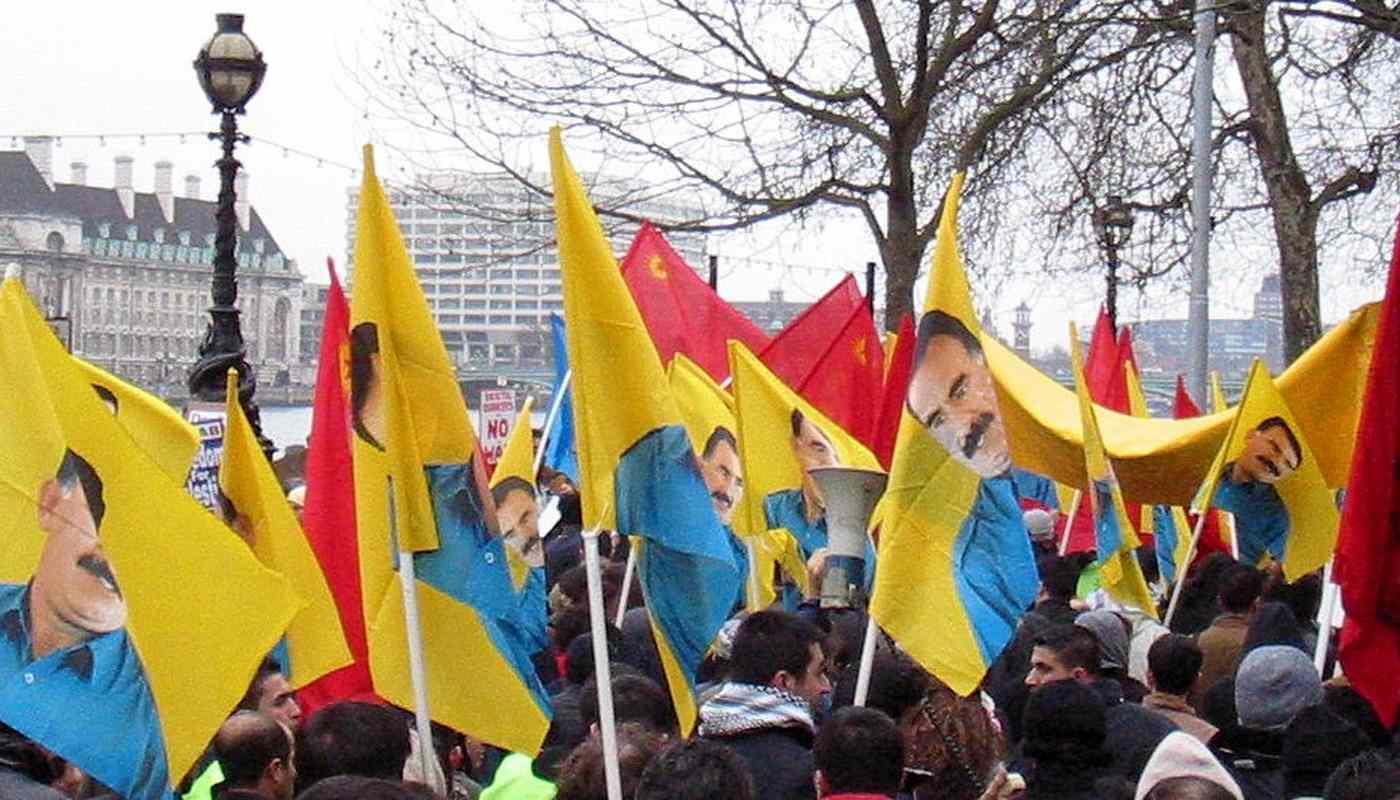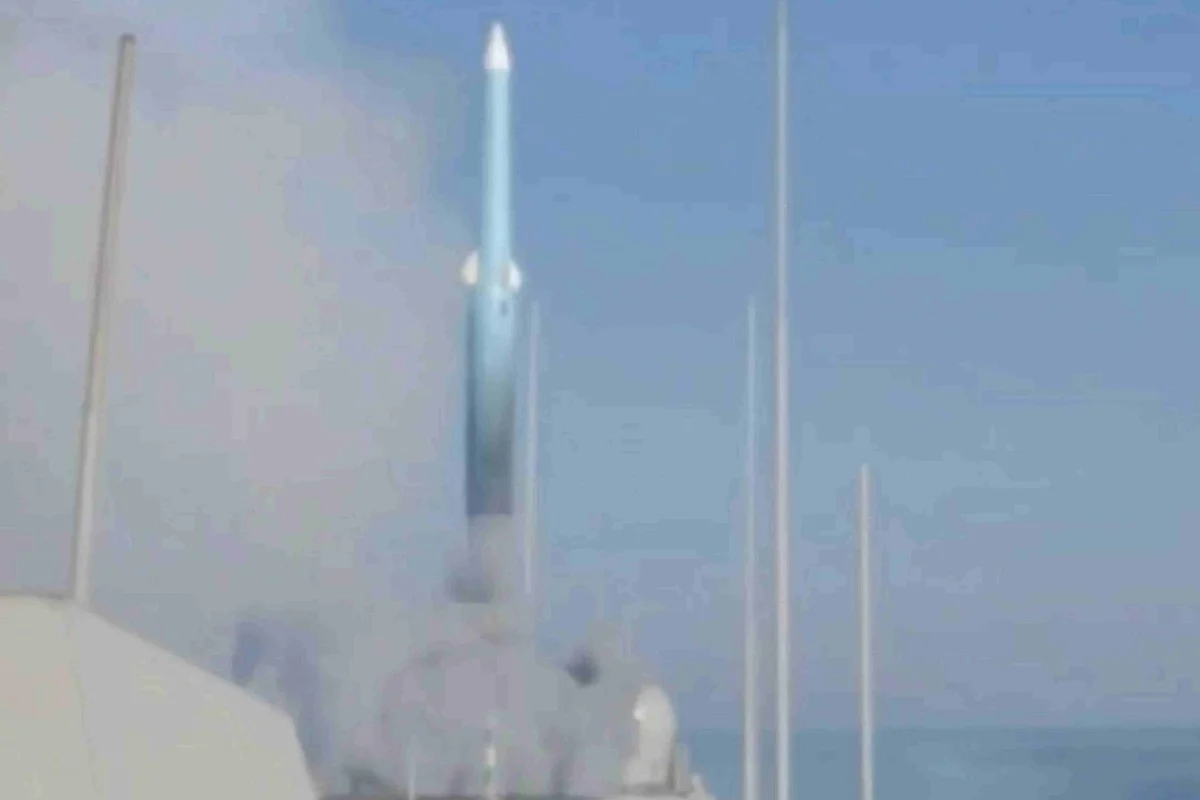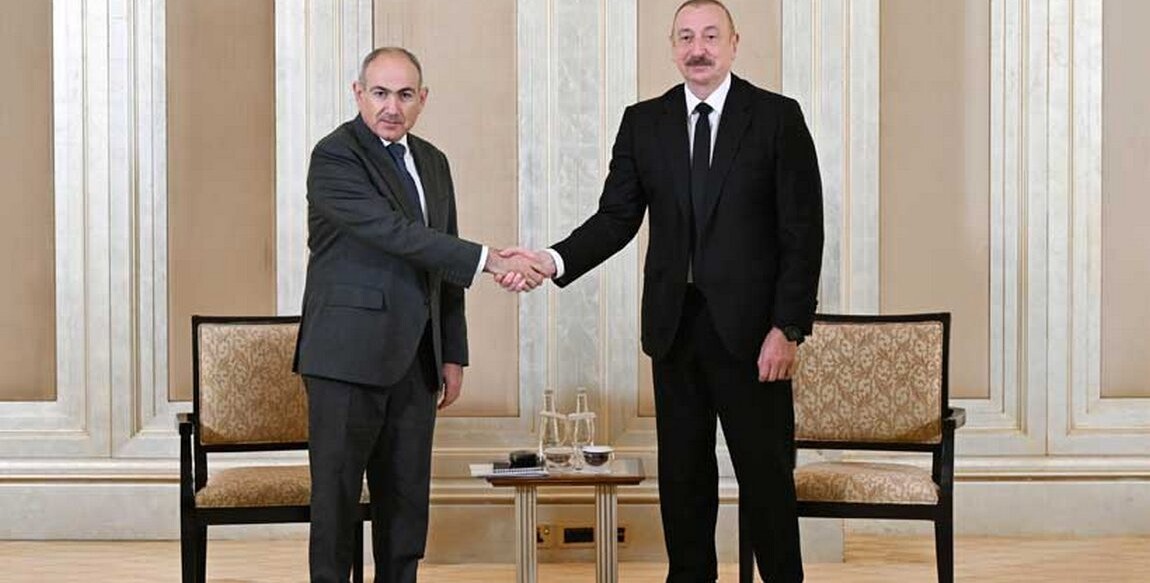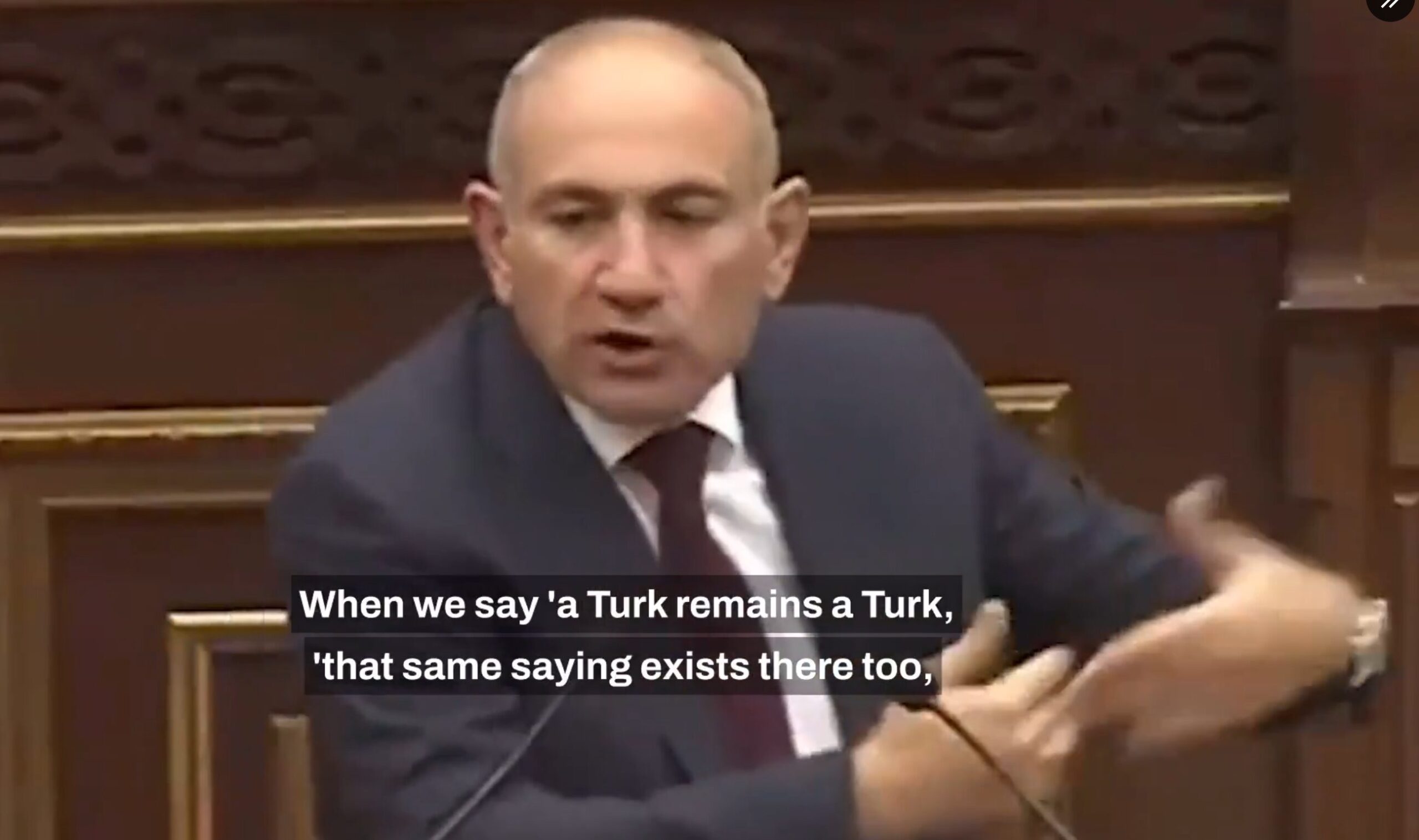In a move that few could have imagined a decade ago, the Kurdistan Workers’ Party (PKK) has begun to formally abandon its decades-long armed struggle in favor of political engagement within Turkiye. The transition was symbolized by a weapons-burning ceremony in northern Iraq last Friday and it showcases the PKK’s internal recalibration and a shift in Turkiye’s political landscape.
In footage circulated by the PKK’s media arm, approximately 30 fighters placed their weapons into a cauldron set alight in Sulaimaniyah, northern Iraq. Senior PKK figure Bese Hozat described it as a gesture of goodwill and determination.
Earlier this month, President Recep Tayyip Erdogan met with the pro-Kurdish DEM Party for the second time in four months, while Abdullah Ocalan, the PKK’s imprisoned founder, appeared in a brief video for the first time in over two decades. “All groups must lay down their arms and PKK must dissolve itself,” he states.
The rise of the PKK and Turkish history
After the collapse of the Ottoman Empire following World War I, modern Turkiye was founded in 1923 by Mustafa Kemal Atatürk, who installed a rigidly secular, Western-oriented republic. The military saw itself as guardian of this secularism and routinely intervened when civilian governments, in its view, strayed too far from Atatürk’s vision.
The Turkish military would stage coups in 1960, 1971, 1980, and exerted influence even after that. The junta imposed martial law in Kurdish regions, banned Kurdish language in public spaces, and arrested thousands of Kurdish activists, many tortured or imprisoned. This repression radicalized a new generation and justified the PKK’s launch of armed struggle in 1984.
Turkiye designates the PKK as a terrorist organization, as do the United States and European Union not least because of its record of suicide bombings, assassinations, and military ambushes. But among many Kurds and sympathetic observers, the PKK’s struggle is seen as a response to decades of harsh assimilationist policies, bans on the Kurdish language, and the mass displacement of Kurdish populations.
The situation grew more complicated in recent years as the PKK’s affiliates in Syria. The YPG, which is a Kurdish militant group in Syria, became a key Western ally in the fight against ISIS. This angered Ankara, which sees the YPG as an extension of the PKK and fears the establishment of a Kurdish-controlled region along its southern border.
In the early 2000s, President Erdoğan’s Justice and Development Party (AKP) took over as a conservative, populist, pro-Islamist alternative. At first, the AKP was praised for reining in military power. It boosted the economy, and positioned Turkiye as a model of moderate political Islam.

But over time, Erdogan became increasingly authoritarian. A failed coup in 2016 gave him the political justification to purge military and civil institutions, silence critical media, and pass constitutional reforms that abolished the role of prime minister, placing nearly all power in his hands as executive president.
Erdogan’s power is strongly rooted in his popularity among rural conservatives, religious voters, and nationalist segments of society who felt ignored by Turkiye’s old secular elite. He’s reshaped education policy, expanded mosque construction, and promoted himself as a defender of Turkiye’s sovereignty against Western interference.
Crackdowns on journalists, arrests of opposition figures, and increasingly aggressive foreign policy moves, however, were evidence of democratic backsliding.
In the 2023 elections, Erdoğan narrowly secured another term, but the vote also highlighted growing urban opposition and frustration over economic mismanagement and inflation.
At the same time, Kurdish political parties such as the HDP have faced constant legal threats, with party leaders jailed on accusations of supporting terrorism. At the same time, Erdoğan has at times attempted peace talks with the PKK, only to abandon them when politically convenient.
Why now?
The PKK has fought the Turkish state since 1978 and seek greater autonomy and rights for Kurds. Since then, the PKK has decided to change its roadmap for a few reasons.
In neighboring Syria, where Kurds have seized more autonomy than in Iraq or Turkiye, the Kurdish quasi-military known as the Syrian Democratic Forces’ face an uncertain future with al-Qaeda and ISIS factions now in control of Damascus. At the same time, Iranian influence in the region has been rolled back by Israeli warming, and Kurdish groups have had to adapt their outlooks.
Additionally, Israel’s offensives in Lebanon, southern Syria, and Iran, indirectly supports Turkiye’s preference for a non-militant Kurdish movement.
For Erdogan and the ruling AK Party, the PKK’s change can help reframe national unity and reduce internal polarization. Establishing a parliamentary commission to define disarmament’s legal framework is a strategic move to institutionalize the process and reassure sceptics.
Support for peace cuts across the political spectrum. Even the ultranationalist MHP, historically opposed to Kurdish nationalist movements, has publicly backed this recalibration. Its leader, Devlet Bahceli, has taken the pragmatic view that ending the PKK’s armed campaign aligns with national interests.
Within the AK Party and the wider security establishment, many remain reserved. Years of securitized narratives and the criminalization of DEM-aligned figures have left scars that will not heal overnight.
For the Kurdish public, Ocalan’s message is one of reassurance. It seeks to reframe disarmament as a strategic recalibration rather than surrender, upholding the dignity of a struggle that has defined Kurdish politics for nearly half a century. Recent surveys indicate strong support among Kurds for the move towards peaceful political engagement, with over 90% of DEM voters backing the process.
But disarmament is only the beginning. DEM Co-Chair Tuncer Bakirhan has emphasized that symbolic gestures must lead to concrete institutional reforms. These could include mechanisms for reintegration of former fighters, legal protections for those abandoning arms, and clarity on the fate of political prisoners charged under anti-terror laws.
As Ocalan himself stated in his rare video message, “I believe in the strength of peace, not the force of arms.” Whether Turkiye and the PKK can translate this sentiment into a lasting political settlement remains the defining question of the months ahead. WaL
We Humbly Ask For Your Support—Follow the link here to see all the ways, monetary and non-monetary.
PICTURED ABOVE: The Turkish flag. PC: Hüseyin Sevgi via Pixabay.


